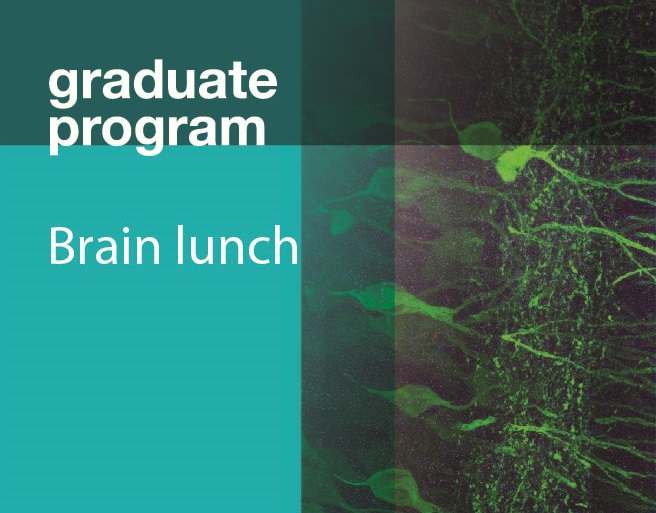
In search of lost priors: neural mechanisms for Bayesian interval timing
Description
In the face of uncertain observations, human estimates seem to rely upon prior knowledge of the world. Little is known, however, about the neural mechanisms by which prior knowledge is acquired and utilized. We study this question in human interval timing behavior, which is characterized by two robust properties, a scaling of variability in responses with interval duration and the biasing of responses towards the mean of the prior. Both these properties of human time responses can be elegantly captured through Bayesian estimation theory and can be characterized as a nonlinear deterministic mapping. How could such a mapping be learned and represented in the brain? I will talk about our recent proposal for a cerebellar mechanism for encoding prior knowledge for interval timing and how we could bridge the gap between physiology and Bayesian behavior.
UPCOMING BRAIN LUNCH TALKS
- 10/31/16 - Taeyun Ku, Chung Lab
- 11/21/16 - Naomi Habib, Zhang Lab
- 11/28/16 - Or Shemesh, Boyden Lab
- 12/5/16 - Teruhiro Okuyama, Tonegawa Lab

